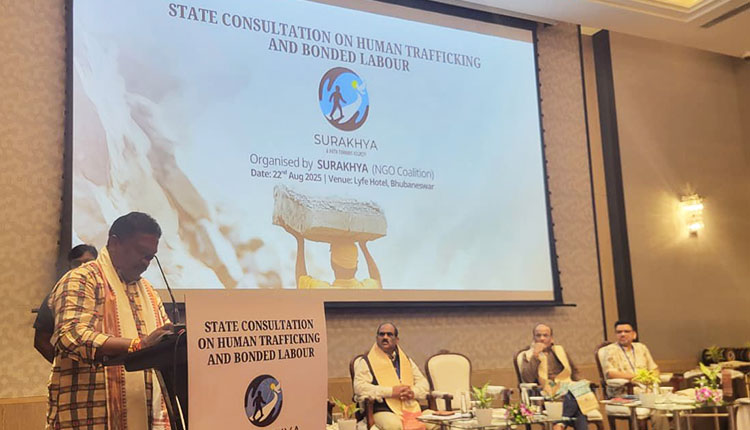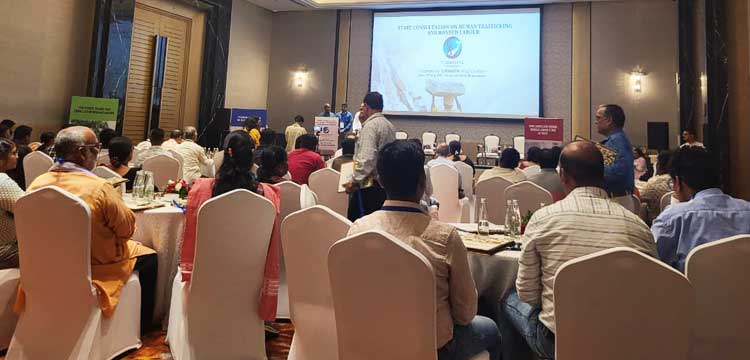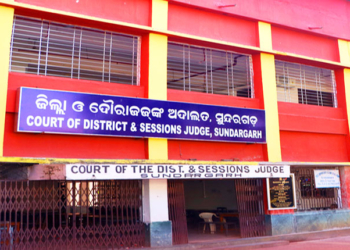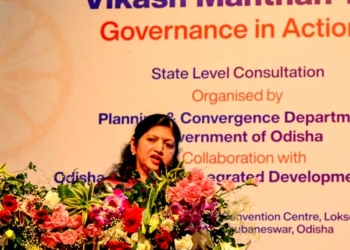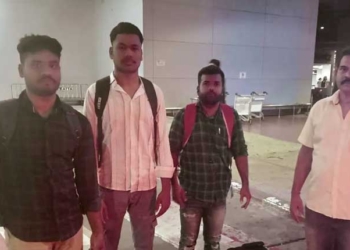Bhubaneswar: Odisha Panchayati Raj Minister, Rabi Narayan Naik, has announced plans to create a model village free from bonded labour, aiming to make Nuapada a migration-free district. This announcement was made during the State Consultation on Human Trafficking and Bonded Labour, organised by Suraksha, a coalition of over 30 NGOs, in Bhubaneswar.
The minister emphasised the state’s commitment to protecting vulnerable workers, promising the issuance of labour cards to safeguard against exploitation and trafficking. He also agreed to raise the demand for formally observing February 9 as Bonded Labour Abolition Day in Odisha, following the lead of states like Tamil Nadu, Telangana, and Andhra Pradesh.
The coalition presented a memorandum to the government, urging the formulation of a comprehensive State Action Plan to address prevention, rescue, rehabilitation, reintegration, and prosecution of bonded labour cases. The plan would require clear timelines and adequate budget allocation. Additionally, the coalition recommended adopting an Odisha-specific Standard Operating Procedure (SOP) across relevant departments to ensure timely and coordinated responses to trafficking and bonded labour cases.
According to Amiya Das, a coalition member, states like Tamil Nadu, Karnataka, and Delhi have seen improved coordination and faster rescues after adopting State Action Plans and SOPs. A State Action Plan would provide a long-term, structured response, while an SOP would serve as a step-by-step guide for officials to identify, rescue, and rehabilitate bonded labourers in line with the Bonded Labour System (Abolition) Act of 1976 ¹ ².
The Bonded Labour System (Abolition) Act of 1976 provides for financial assistance to rescued bonded labourers, with the amount varying based on the beneficiary’s category. For instance, an adult male beneficiary receives Rs. 1 lakh, while special category beneficiaries, such as children, women, or differently-abled persons, receive Rs. 2-3 lakhs. The Act also mandates the constitution of vigilance committees at the district and sub-divisional levels to oversee the implementation of the Act




